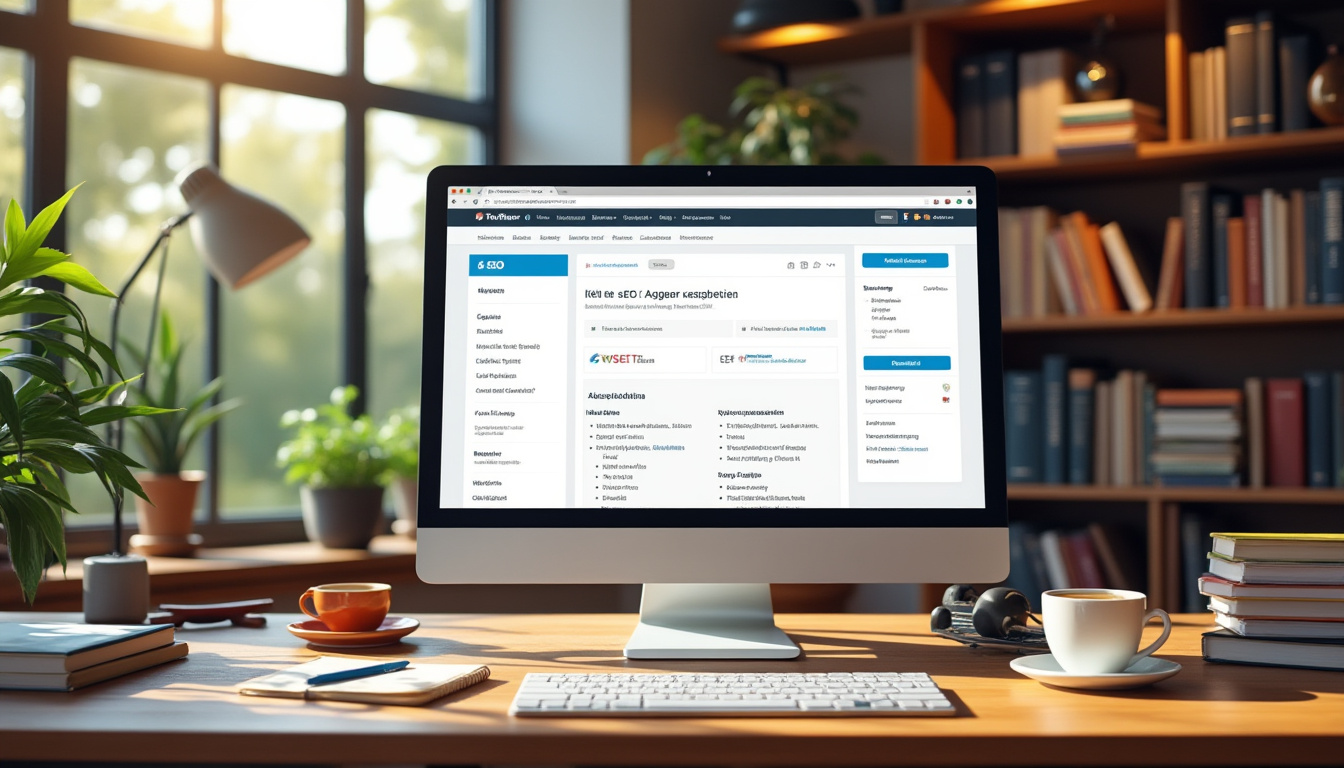SEO plays a crucial role in enhancing the visibility and functionality of WordPress websites. As one of the most widely used content management systems, understanding how to implement SEO for WordPress can significantly impact your site’s performance. This guide dives into various WordPress SEO best practices, explores essential SEO tools for WordPress, and highlights the importance of optimizing your website for search engines to drive organic traffic.
From utilizing popular SEO plugins for WordPress, such as Yoast SEO WordPress and All in One SEO Pack, to implementing effective SEO strategies for WordPress, this article covers everything you’ll need to know for WordPress site optimization. Discover actionable WordPress SEO tips that will help you rank higher on search engines and attract more visitors to your online presence.
Key Elements of SEO for WordPress
Understanding the fundamental aspects of SEO for WordPress is vital for any website owner. The following components play a critical role in enhancing your site’s search engine traffic:
- Keyword Research
- Content Optimization
- Link Building
- Technical SEO
Keyword Research
Effective SEO for WordPress starts with comprehensive keyword research. Finding the right keywords involves analyzing search volumes and competition, allowing you to create content that resonates with your audience. Various tools can assist in this process, including Google’s Keyword Planner.
Optimizing Content for SEO
Once you’ve identified your keywords, the next step is to optimize your content accordingly. High-quality content not only engages your readers but also satisfies search engines. Ensure that your keywords are naturally integrated into:
- Titles
- Meta descriptions
- Headings and Subheadings
- Body text
Implementing SEO Plugins
Utilizing SEO plugins for WordPress can simplify the optimization process. Plugins like Yoast SEO and All in One SEO Pack offer fantastic features to help you optimize your content effectively. They provide on-page analysis, suggesting improvements and guiding how to make your site more search engine friendly.
Technical SEO Considerations
Technical SEO refers to optimizing your website’s infrastructure to help search engines crawl and index your site more efficiently. Below are essential components to focus on:
- Ensuring fast loading speeds
- Creating an XML sitemap
- Implementing structured data
- Using HTTPS for security
Site Performance and Speed
Fast loading times are crucial for a positive user experience and can impact your search rankings. To improve site speed, consider optimizing images, minimizing HTTP requests, and utilizing caching plugins.
Link Building for WordPress
Building a solid backlink profile is essential for enhancing your site’s domain authority. Engage in link-building strategies such as guest blogging, partnerships, and content sharing to drive quality links back to your site. Quality backlinks signal to search engines your site’s relevance and authority in your niche.
Analyzing SEO Performance
Regularly tracking your site’s SEO performance allows you to adjust and improve your strategies continually. Utilize tools like Google Analytics and Search Console to monitor your traffic, keyword ranks, and user behavior.
Conclusion
Understanding how to effectively apply SEO strategies for WordPress can make a significant difference in your site’s visibility and success. By mastering the key components of SEO—from keyword research to technical optimization—you’re setting your WordPress site up for long-term success. Remember, consistent efforts and regular updates to your content and SEO strategies are fundamental to thriving in the digital landscape.









